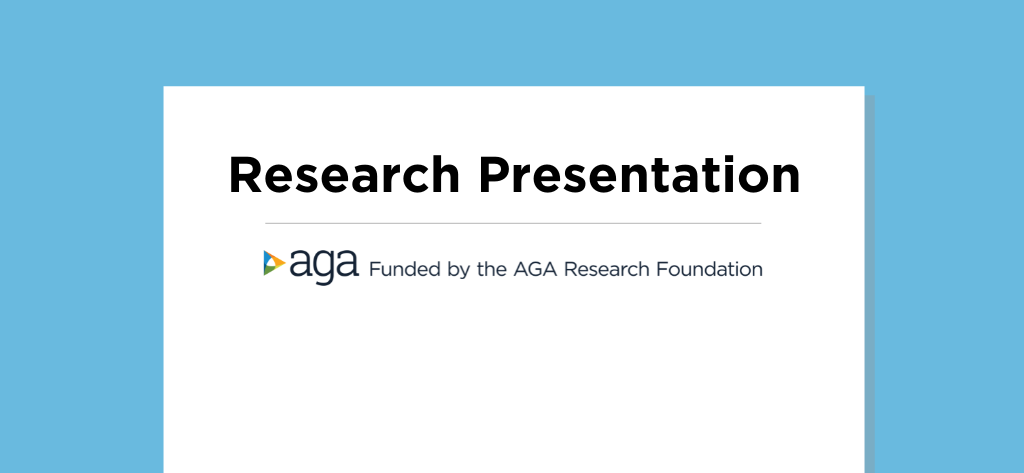Research & Awards
Home > Research & Awards > Award Resources
Award Resources
Application templates
Resources to help you in completing your award application.
A downloadable PDF to help you prepare the necessary information.
A downloadable Word document to identify the facilities where the grants will be used.
A downloadable PDF form confirming institutional commitments to AGA Research Scholar Award applicant’s faculty position and protected time for research. Applicant sponsors should complete and sign this form for submission with their letter of support.

Funded by the AGA Research Foundation image
This image can help you in acknowledging support from the AGA Research Foundation in visual displays, including slides, signs, posters and signage.
If you need another file format (JPG, EPS) please contact [email protected].
AGA Research Foundation
We’re funding the future of gastroenterology! Help us ensure a healthy pipeline of researchers in GI and hepatology.












